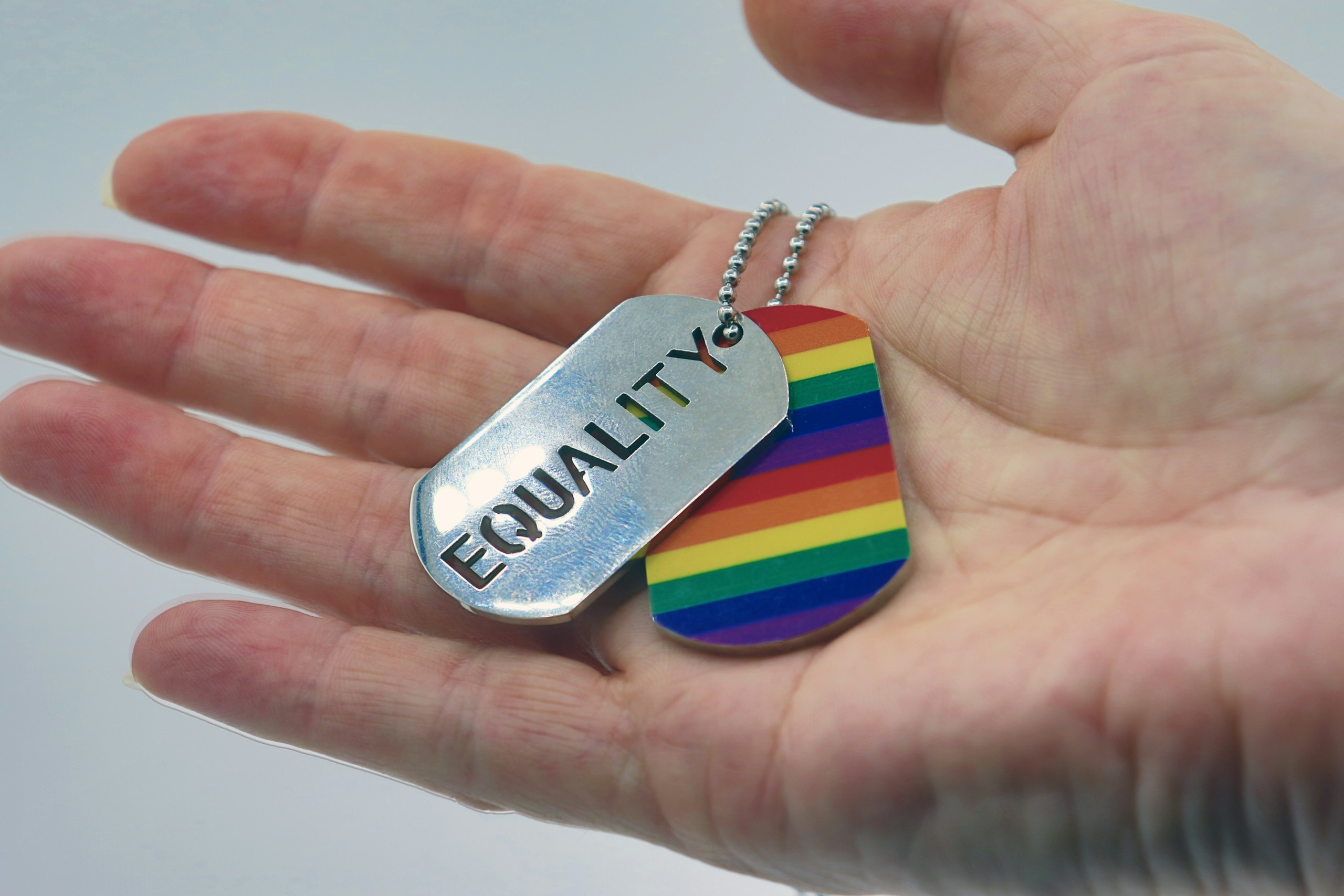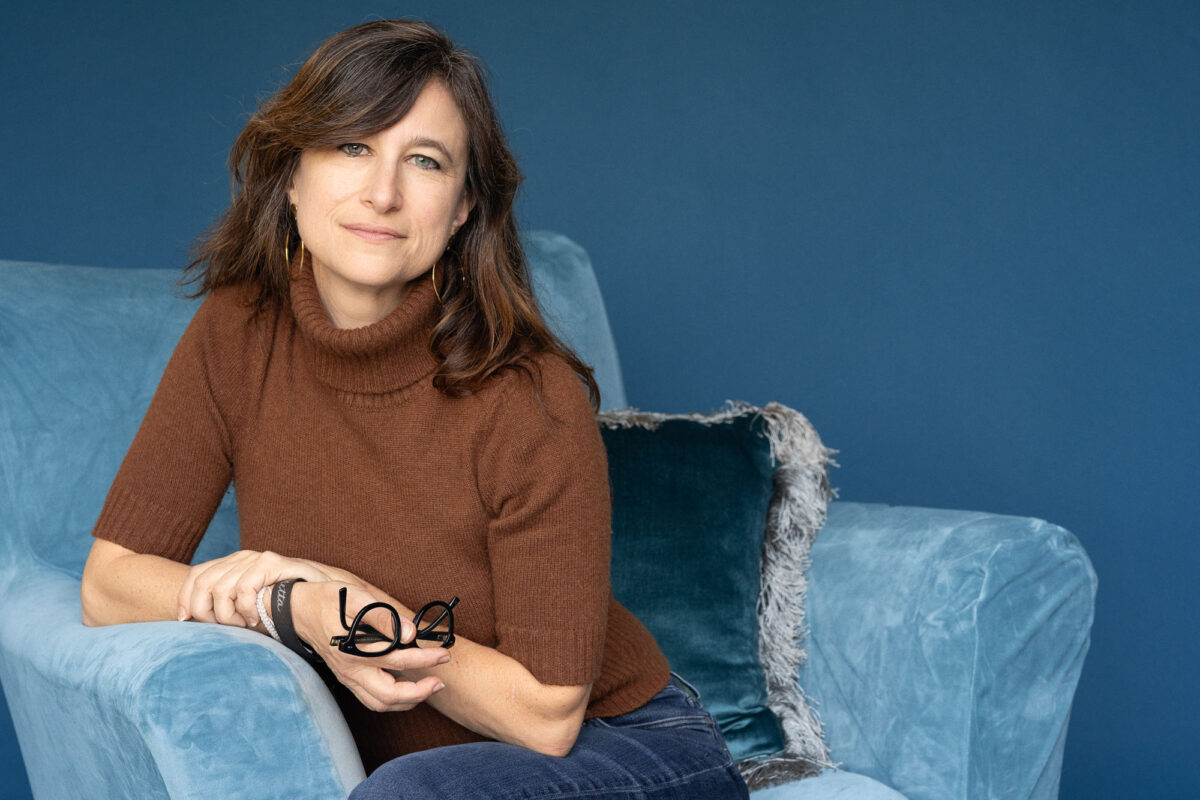In my last blog posting, I provided some insight and resources around debunking Rapid Onset Gender Dysphoria. I hope the articles and podcast were helpful! When looking for facts, data, and scientific/historical study, reliable outside sources like those can be invaluable resources. But external facts are only part of the journey.
When we look for outside sources to blame for our discomfort with our kids, it’s critically important to pause and look into the discomfort itself. Honest, insightful answers about our own personal discomfort are much more reliable than finding answers that are created to justify rationale for our discomfort.

We all have biases, belief systems, fears and hopes. These feelings are internal, for sure, but they are often learned from our outside experiences. What were the belief systems we were raised with as children? What was considered right/wrong, successful/unsuccessful, good/bad? These teachings become internalized, for better or for worse. When we are confronted with something in life that triggers those internal belief systems, it’s natural to have a reaction. After all, those beliefs were intended to keep us safe in the world, right?
But do we cling to that reaction? Does our reaction become the loudest voice in the room? Does it define what is allowed or disallowed in others?
When a child comes to us and says “this is who I am; can you love all of me?” and we can’t say “yes,” what is in the way of that flow?
Our initial reaction doesn’t have to be the end of the conversation. In fact, it’s an excellent place to begin the conversation.
This conversation can sound something like: “I’m having a strong reaction. What’s behind that? What do I think is happening here? What beliefs am I attaching to this reaction?”
This is a conversation we have with ourselves and the supportive people in our lives. It’s not our kids responsibility to take care of this for us; if we want to strengthen the bonds with our kids, it’s up to us to explore our own inner landscapes.
Here are some examples of questions to explore inside of ourselves:
- What are the feelings that come up for me when I think of gender expansiveness?
- What people in my life have been influential to me in my beliefs around gender?
- How do I know my own gender? (Try to answer this question without talking about genitalia, reproductive ability, or sexual orientation!)
- Why is the issue of gender controversial to me?
This is an internal process, for sure, but you do NOT have to navigate it alone. In fact, having support increases the success rate of these conversations. We take ourselves to a vulnerable place when we explore our internal landscapes, and that vulnerability can be uncomfortable. Sometimes it can be extremely uncomfortable. Compassionate, supportive guidance can make all the difference. Talking without shame, being heard without being judged, and having your best intentions highlighted all help to carve a way forward. If you feel ready to take a deep breath and begin the process to better understand yourself and your loved ones, please take this brave step forward. It’s the first step in becoming your child’s greatest ally.
Book a consultation today to see if coaching with me is the best first step you can take. I’m ready to hear you.



